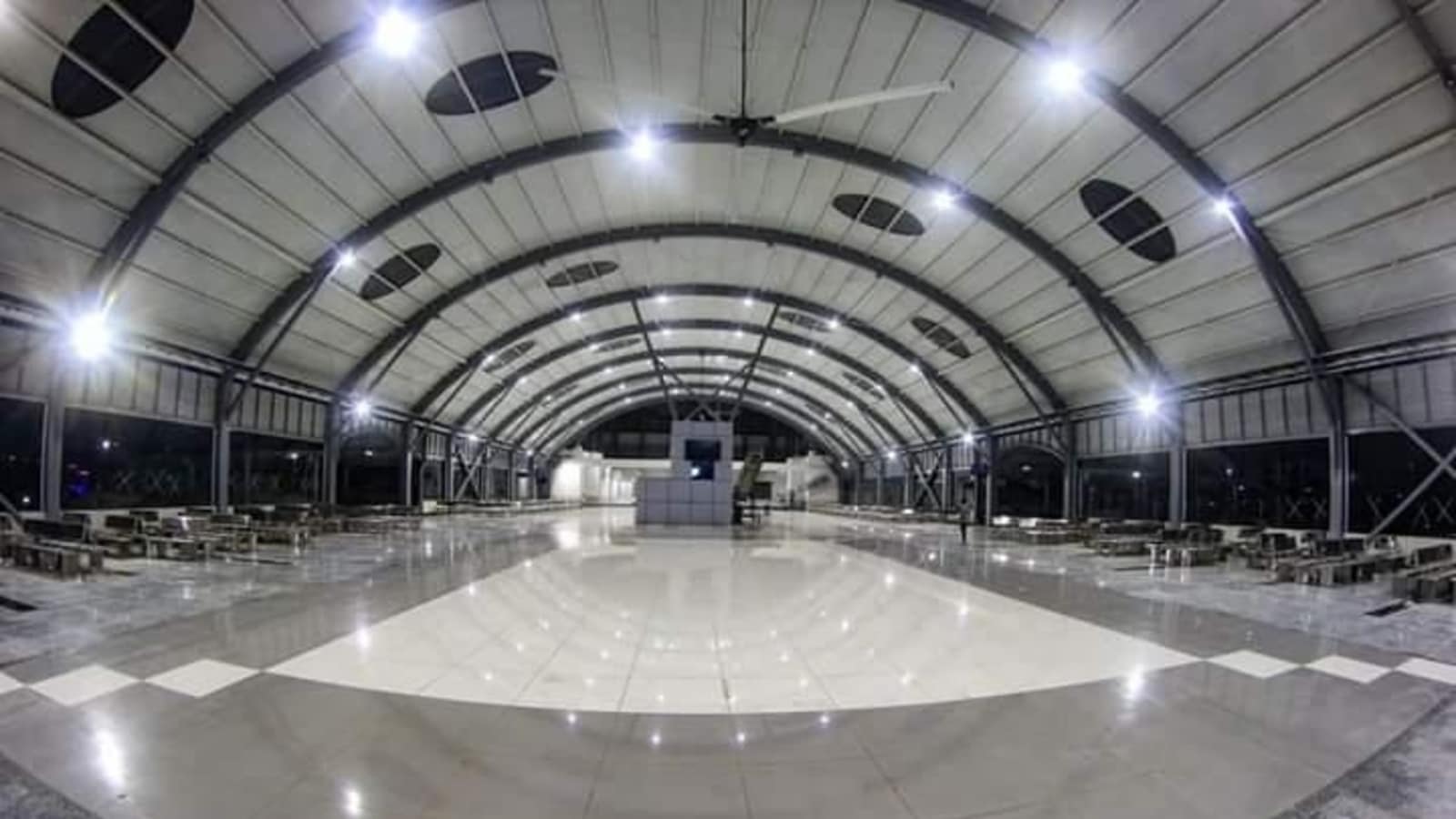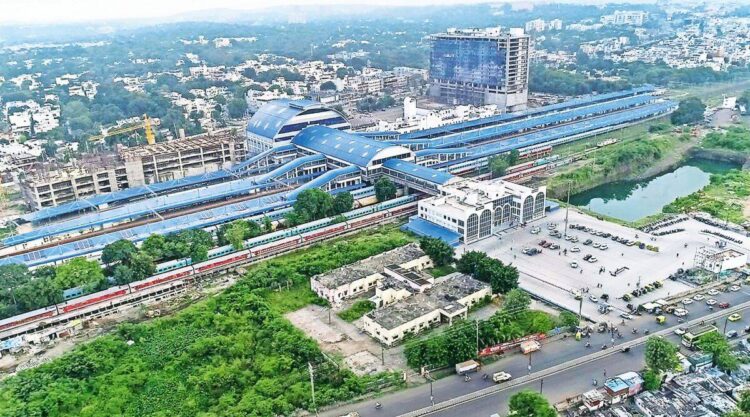A new trend in recent politics has been the attempts and decisions to name and rename significant places like cities, railway stations, airports, landmarks, etc. This is done to fulfil certain political objectives under the pretext to preserve tradition and heritage. The name of Allahabad city was changed into Prayagraj and Faizabad gave place for Ayodhya. Although it began in Uttar Pradesh, it is not confined to one state now.
Some days back, the Prime Minister inaugurated the renovated Habibganj Railway Station in Bhopal. The Railway station was dedicated to the country and its citizens. Along with that, the Railway station was renamed Rani Kamlapati Station. She was a Gond queen who reigned in the place during the 18th century. After the renaming, the BJP camp was quick to tag her as the ‘last Hindu ruler of Bhopal’.

This is not the only attempt to erase a particular legacy. The attempts to change the names of the cities, localities and landmarks have become a part of political activity. It is purposely done to erase the role and legacy of the Muslim Emperors in the past. At the local level, MLAs, local Corporators, pressure groups, and others make repeated demands for the renaming of certain places. There are also demands raised to rename Bhopal as Bhojpal after Bhoj, a Parmar king who ruled over the Malwa region in the 11th century, whom they consider as the founder of the city.
The attempt is to publicize and propagate religious ideologies under the pretext of honouring the historical figures. This can turn into a dangerous trend that will play with the true history and heritage of the country. The use of names of cities, localities, and landmarks is done every day and all the figures who played a significant role in history should be mentioned to honour our heritage. The purposely done renaming with biased intentions can harm the brave past of India.
Some supporters even go to the extent of saying that the original Bhoj city is buried under the crowded marketplaces and mosques today. Such claims are strong enough to ignite communal riots in the present over the incidents that took place centuries ago. This modification of history is intentionally done for division on communal lines.
Bhopal’s state was founded in 1722 by Dost Muhammad Khan. He was an Afghan serving Emperor Aurangzeb in the Mughal Army. His successors ruled over the state during the period of British colonization. These rulers were dependent on the British.

Bhopal developed into a big centre of arts, culture, and public works under the enlightened rule of the Begums, a 19th-century dynasty of Muslim women. Mamola Bai ruled for over 50 years from behind a ‘Pardah’ on behalf of her late husband.
It is said that the rule of Begum begins from the accession of 18-year-old Qudsia Begum (1819-37). She took the control of the kingdom after her husband’s assassination. Despite being illiterate, she was brave. She also refused to follow the ‘Pardah’ tradition. She also declared that her 2-year-old daughter will follow her rule. Certainly, the generations today do not know much about this glorious history. Further, the renaming activity will erase all the available symbols and references of history.
When India achieved independence in 1947 Bhopal acceded to India. In 1956, it became the capital of Madhya Pradesh state. Now, in comparison to Bhopal, the other cities of MP like Indore and Gwalior have a major contrast.
In Indore, many well-known establishments, localities, landmarks, and institutions have been named after the Holkar dynasty that reigned the place. Similarly, in Gwalior, most of the localities, institutions, and landmarks are named after the Scindia clan that used to reign at the place. In comparison, Bhopal has only a handful of places named after the Muslim rulers who used to reign there.
Dismissing the history, the localities and landmarks have been deliberately named with numerals. These attempts are made for fulfilling specific political intentions and personal objectives. This can misguide future generations on the rich heritage of the country.
Also Read: Are the Maoists Ready to Withdraw?
















